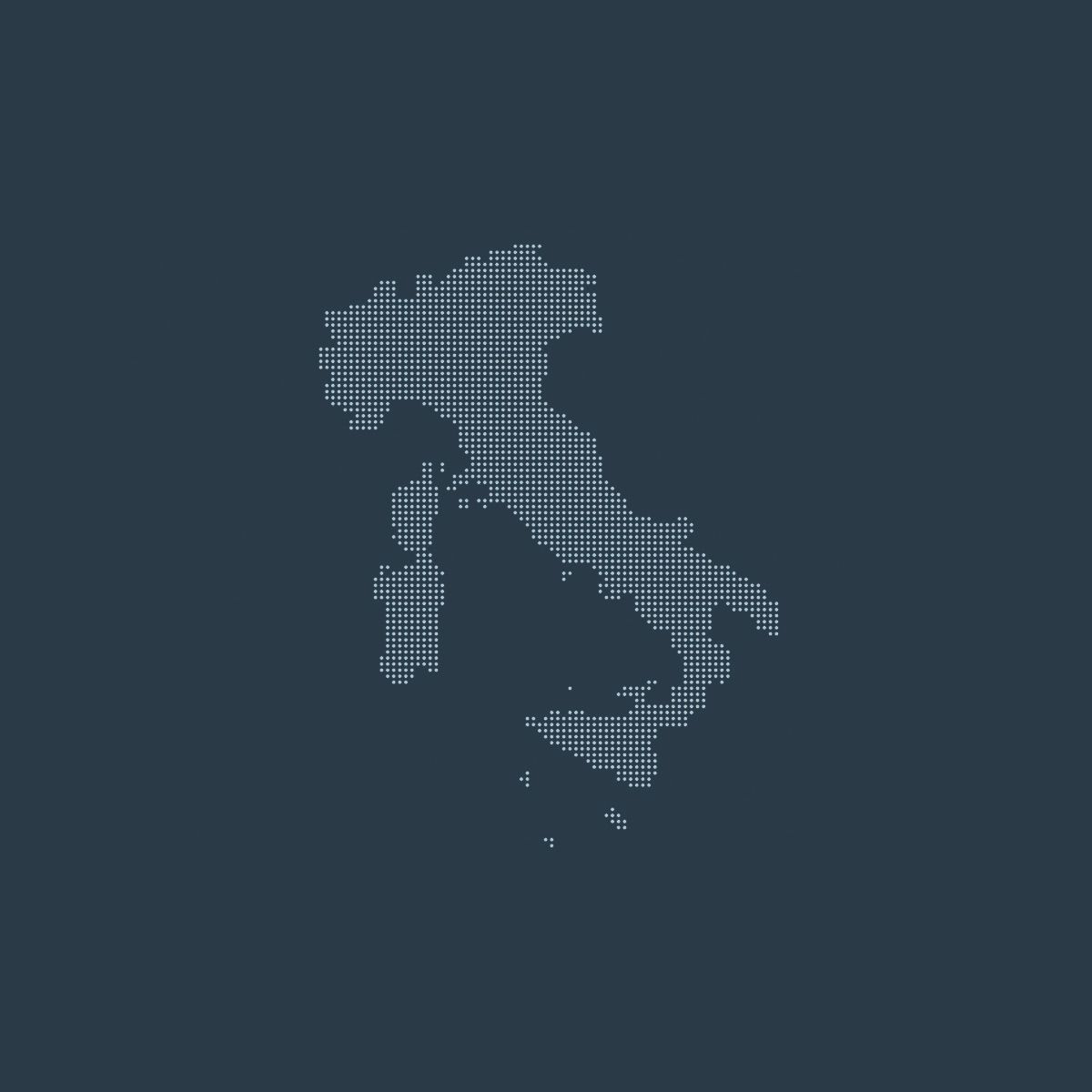Italian Citizenship
Passport
Italian citizenship is a status through which the Italian legal system recognizes full civil and political rights.
Italian Citizenship by Descent
This type of citizenship application allows individuals to claim Italian citizenship if they have Italian ancestry, such as parents, grandparents, great-grandparents, and so on.
This type of citizenship is based on the principle of Ius Sanguinis (“right of blood”), which grants citizenship to those born to Italian parents or grandparents, and even further ancestors. As long as the direct lineage is intact, individuals can apply for Italian citizenship through descent.
Who is eligible for Italian Citizenship by Descent?
Children under 18 years old automatically become Italian citizens if at least one parent is Italian.
Another important requirement is that the birth certificate of the individual must be registered with the Italian authorities.
Can I obtain Italian citizenship if my great-grandparents were Italian?
Yes, Italian citizenship can be passed down through generations without a limit on the number of generations. However, there are some specific conditions to consider, particularly when it comes to maternal descent. If the Italian ancestor is from the maternal side (mother), the following rules apply:
– The child must have been born after January 1st, 1948, or
– If born before this date, the child can claim citizenship if the father’s identity is unknown or the father was not an Italian citizen (as per Article 1, paragraph 2 of Law 555/1912 and Art. 7 of the Civil Code of 1865).
– Additionally, to qualify for Italian citizenship via descent, it is necessary to prove that the Italian ancestor was an Italian citizen at the time of their birth, or that they had the right to claim Italian citizenship.
How far back do you need to go to qualify for Italian citizenship by descent?
To apply for Italian citizenship through descent, your Italian ancestor must have been born after March 17, 1861, which is the date Italy became a unified nation. If your ancestor was born after this date, you may be eligible to apply for citizenship under the Jure Sanguinis principle.
To claim Italian citizenship through descent, you need to provide documentation proving your familial connection to the Italian ancestor. The following documents must be submitted to the relevant authorities:
- Birth certificate of the Italian ancestor who emigrated abroad (with an official Italian translation);
- Birth certificates (with official translations) of the applicant’s direct descendants;
- Marriage certificate of the Italian ancestor who emigrated abroad (with official Italian translation);
- Marriage certificates of direct descendants, including those of the applicant’s parents;
- A certificate from the competent Italian consular authority stating that neither the ancestors in the direct line nor the applicant has renounced Italian citizenship, according to Article 7 of Law No. 555/1912 and Law No. 91/1992;
- Proof of residence;
- Passport or other government-issued identity document.
How long does it take to get Italian Citizenship by Descent?
Typically, Italian authorities grant citizenship within 6 months from the date of application submission. However, this timeline may vary depending on the specifics of each individual case.
Can I obtain Italian citizenship by descent through a DNA test?
No, a DNA test cannot be used to obtain Italian citizenship. Citizenship through descent requires the presentation of official documentation proving the familial relationship.


More
A visa is an authorization granted to foreigners allowing entry into the Schengen Area and the Italian Republic.
-
01
By Birth from an Italian Parent: This is known as “ius sanguinis,” meaning citizenship by direct descent from at least one parent who holds Italian citizenship. A child is considered Italian if at least one parent is Italian.
-
02
By Birth on Italian Territory: A child born in Italy to unknown parents, stateless persons, or foreigners from countries whose legislation does not provide for the transmission of citizenship from parents to children born abroad acquires Italian citizenship. A child found on the territory of the Republic, if not proven to hold another citizenship, is also considered a citizen by birth.
-
03
By Adoption: A foreign minor adopted by an Italian citizen acquires citizenship by right.
-
04
By Recognition or Judicial Declaration of Parentage: If an Italian citizen acknowledges a minor child after birth, the child automatically acquires Italian citizenship. If the child is of legal age, they retain their original citizenship but can choose Italian citizenship (within one year of recognition, judicial declaration, or validation of the foreign decision).
-
05
By Acquisition or Reacquisition by Parents: The minor child of individuals who acquire or reacquire Italian citizenship automatically obtains citizenship, provided they live in a stable and effective manner with them.
Citizenship may also be granted in cases where the foreign national has rendered eminent services to Italy or if there is exceptional interest from the State.
Citizenship can be requested in the following ways:
-
01
By Voluntary Acquisition: A foreigner or stateless person, born anywhere, whose father or mother (or direct ancestor up to the second degree) were Italian citizens by birth, can acquire Italian citizenship if certain conditions are met (e.g., performing military service in the armed forces and declaring the intention to acquire Italian citizenship; assuming a public position under the State, including abroad, and declaring the intention to acquire Italian citizenship; or residing legally in Italy for two years upon turning 18 and declaring, within one year of reaching majority, the intention to acquire Italian citizenship).
-
02
By Birth on Italian Territory from Foreign Parents: A child born in Italy to foreign parents can only request citizenship after turning 18 if they have legally and continuously resided in Italy up to that point.
-
03
By Marriage or Civil Union
-
04
By Residency (i.e., “naturalization”)


